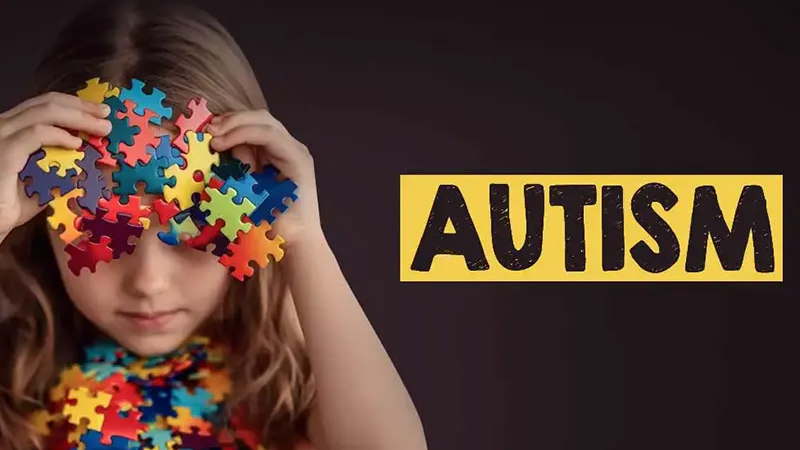Autism Spectrum Disorders

Autism Spectrum Disorders: Exploring Neurological Insights & Effective Therapies
Introduction:
Autism Spectrum Disorders (ASD) are a complex set of neurodevelopmental conditions that impact an individual's social interaction, communication skills, and behaviour. As pediatric neurologists, we understand the significance of unravelling the neurological basis of ASD and providing effective therapies to enhance the lives of children and their families. In this article, we will delve into the neurological underpinnings of ASD and highlight the available therapeutic approaches that can make a positive difference.
Understanding the Neurological Basis of ASD:
ASD is rooted in intricate neurological differences that affect how the brain processes information and communicates. Studies suggest that there is a strong genetic component, with numerous genes implicated in the disorder. Neuroimaging techniques have revealed structural and functional differences in the brains of individuals with ASD, particularly in areas responsible for social cognition, emotional processing, and sensory integration.
Neural Connectivity and ASD:
Research has shown that altered neural connectivity plays a crucial role in the development of ASD. Children with ASD may exhibit differences in the way different brain regions communicate with each other. These connectivity differences can impact social skills, language development, and emotional regulation. Understanding these neural connections is pivotal in tailoring effective interventions.
Early Intervention and Therapeutic Approaches:
Early intervention is paramount when addressing ASD. The brain's remarkable plasticity during early childhood presents a window of opportunity for significant improvements in cognitive and behavioral functioning. Pediatric neurologists collaborate with speech therapists, occupational therapists, and behavioural specialists to design personalized interventions that address the unique challenges each child faces.
Applied Behavioural Analysis (ABA):
ABA is a widely recognized and evidence-based therapeutic approach for children with ASD. It focuses on improving socially significant behaviours through positive reinforcement. ABA programs are tailored to each child's strengths and needs, promoting skill development in communication, social interaction, and adaptive behaviours.
Speech and Language Therapy:
Many children with ASD experience difficulties in verbal and nonverbal communication. Speech and language therapy helps develop effective communication skills, enhance vocabulary, and improve articulation. Therapists work closely with children to facilitate expressive and receptive language skills.
Occupational Therapy:
Occupational therapy addresses sensory sensitivities and motor skills challenges that often accompany ASD. By providing sensory integration techniques and fine motor skill development, occupational therapists enable children to better navigate their environments and engage in daily activities.
Social Skills Training:
Social skills deficits are a hallmark of ASD. Pediatric neurologists collaborate with psychologists to offer social skills training that helps children learn appropriate behaviours, nonverbal cues, and the nuances of social interactions.
Conclusion:
As pediatric neurologists, we are committed to unravelling the neurological complexities of Autism Spectrum Disorders and offering families a range of evidence-based therapeutic approaches. By understanding the neural underpinnings of ASD and harnessing the brain's remarkable plasticity, we aim to improve the quality of life for children with ASD and their loved ones. If you suspect your child may be exhibiting signs of ASD, don't hesitate to seek professional guidance and early intervention, as it can significantly impact their developmental trajectory. Our team of skilled pediatric neurologists is here to provide expert evaluation, guidance, and support every step of the way.